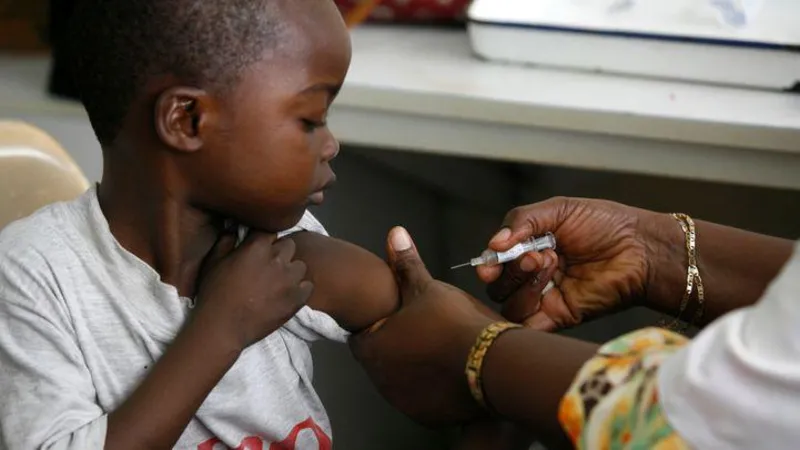Nigeria and seven other African countries are receiving international praise for their role in clinical trials that delivered the world’s first approved malaria treatment for newborns and infants weighing less than five kilogrammes.
The Africa Centres for Disease Control and Prevention (Africa CDC), in a statement on Sunday, commended Nigeria, Burkina Faso, Côte d’Ivoire, Kenya, Malawi, Mozambique, Tanzania and Uganda for leading the effort.
The trials resulted in the approval of an infant-friendly formulation of artemether-lumefantrine that dissolves in breast milk and carries a sweet taste, making it easier to administer to babies.
Until now, infants under five kilogrammes had no approved malaria therapy. Health workers were forced to improvise by adjusting doses of medicines meant for older children, exposing newborns to the dangers of overdose and toxicity.
Africa CDC Director-General, Jean Kaseya described the approval as “a major step forward in the fight against malaria,” adding: “It ensures that even the smallest and most vulnerable infants can now access safe and effective treatment.”
The principal advisor to the Africa CDC Director-General, Ngashi Ngongo, said the development proved Africa’s ability to drive health innovations through collaboration, stressing that Nigeria played a “key role” in the trial’s success.
Swiss regulators have already cleared the formulation, and Nigeria is expected to fast-track its approval under the Swiss agency’s Marketing Authorisation for Global Health Products procedure. The Africa CDC pledged to assist participating countries with regulatory approvals, clinical guideline updates, health worker training and equitable access, particularly in rural areas.
Developed by Novartis in partnership with the Medicines for Malaria Venture (MMV) under the PAMAfrica consortium, the treatment will be supplied on a largely not-for-profit basis.
The World Health Organisation (WHO) says Nigeria carries 27 percent of global malaria cases and 31 percent of deaths, making the breakthrough vital in protecting the nation’s youngest and most vulnerable.


